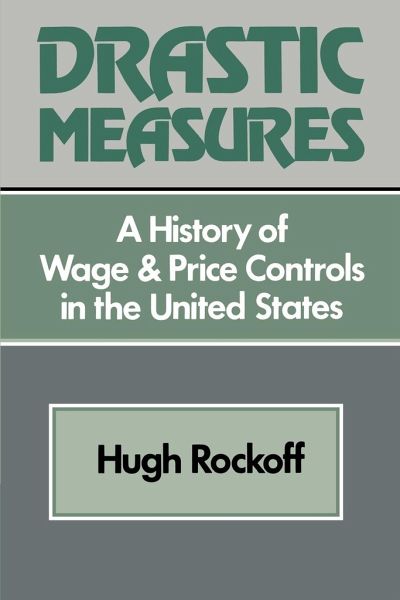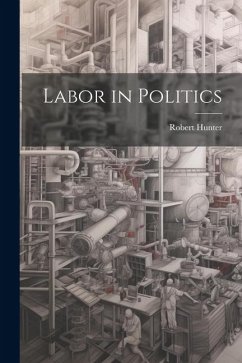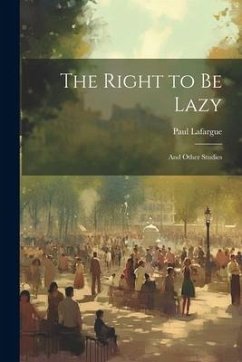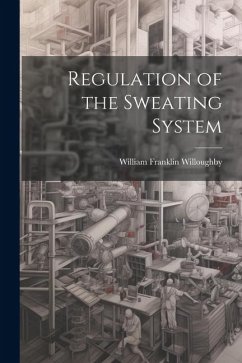
Drastic Measures
A History of Wage and Price Controls in the United States
Herausgeber: Galambos, Louis; Gallmam, Robert

PAYBACK Punkte
20 °P sammeln!
A history of America's use of wage and price controls from colonial times to the 1970s.This is a history of America's use of wage and price controls from colonial times to Richard Nixon's experiment with controls in the 1970s. It explores the impact of controls on prices and productivity, side-effects such as the growth of black markets and the expansion of government, and the relationship between controls and monetary policy. The central conclusion is that, contrary to the conventional wisdom, there are situations where the net effect of controls can be positive. In particular, temporary cont...
A history of America's use of wage and price controls from colonial times to the 1970s.
This is a history of America's use of wage and price controls from colonial times to Richard Nixon's experiment with controls in the 1970s. It explores the impact of controls on prices and productivity, side-effects such as the growth of black markets and the expansion of government, and the relationship between controls and monetary policy. The central conclusion is that, contrary to the conventional wisdom, there are situations where the net effect of controls can be positive. In particular, temporary controls may reduce the unemployment and lost output usually associated with disinflation.
Table of content:
Editors' preface; Preface; 1. The debate over controls; 2. Forgotten experiments; 3. World War I; 4. World War II: attacking inflation directly; 5. World War II: the market under controls; 6. The Korean War; 7. The Vietnam War; 8. Lessons for the recent crisis; Notes; Bibliography; Name index; Subject index.
This is a history of America's use of wage and price controls from colonial times to Richard Nixon's experiment with controls in the 1970s. It explores the impact of controls on prices and productivity, side-effects such as the growth of black markets and the expansion of government, and the relationship between controls and monetary policy. The central conclusion is that, contrary to the conventional wisdom, there are situations where the net effect of controls can be positive. In particular, temporary controls may reduce the unemployment and lost output usually associated with disinflation.
Table of content:
Editors' preface; Preface; 1. The debate over controls; 2. Forgotten experiments; 3. World War I; 4. World War II: attacking inflation directly; 5. World War II: the market under controls; 6. The Korean War; 7. The Vietnam War; 8. Lessons for the recent crisis; Notes; Bibliography; Name index; Subject index.














